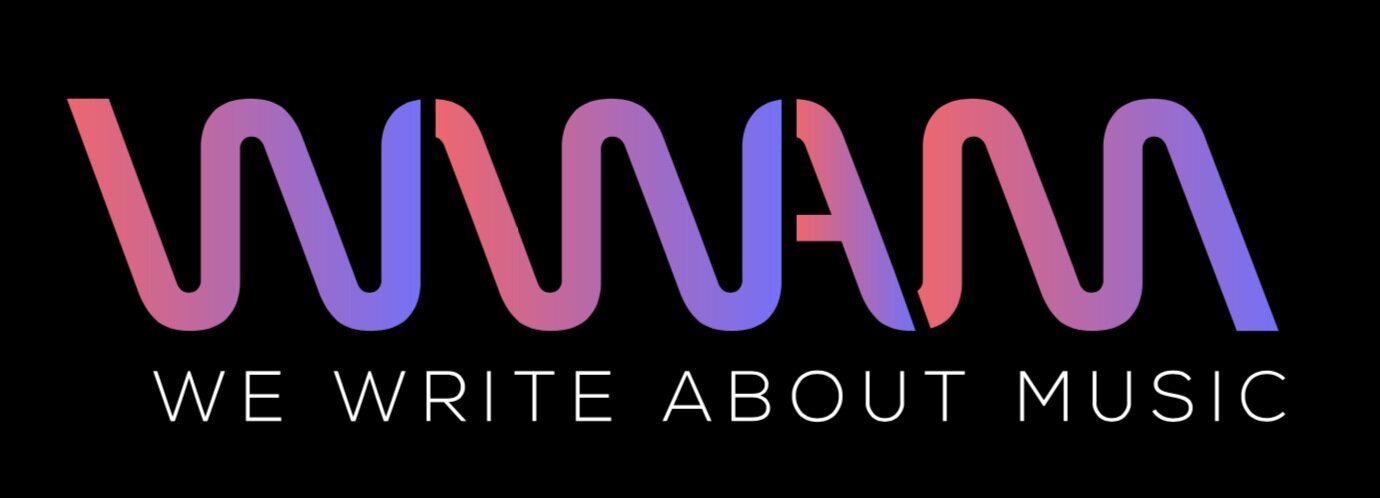AI Is affecting more traditional forms of Music in strange and interesting ways
AI seems to be taking over the world, and now, it’s making its mark in music. It has become more entrenched in the industry than ever. People believed the same about the electric guitar's rise to replace the traditional acoustic version on many stages worldwide.
Although unplugged sets have their place, they’re not as prominent as when acoustic-minded Bob Dylan finally brought out his Fender at the 1965 Newport Folk Festival.
Times change, and while traditionalists may abhor it, AI is affecting modern music in strange and interesting ways.
AI’s Big Break in Music
You needn’t look further than The Beatles as an example of music's evolution. It’s strange how these early electric guitar proponents also became something of a pathfinder for AI despite publicly disbanding in 1970 and losing past members John Lennon to an assassination 10 years later and George Harrison to cancer in 2001.
These facts didn’t deter the release of “Now and Then,” an AI-assisted Beatles single in late 2023. Producers used restorative AI techniques to bring to life an old demo by Lennon, 43 years after his sad demise. Interesting, you might say, but a stranger fact was still coming. At the Grammy Awards in February 2025, “Now and Then” made the shortlist for “Record of the Year” and won the “Best Rock Performance” category.
Globally recognized American hard rock magazine Loudwire stated that, in winning, “Now and Then” made history as the first AI-assisted song to win a Grammy award. With the win recognized by the Recording Academy — the world’s leading society of music professionals — you can assume that AI is now an official part of the music business. Strange days indeed for music’s traditionalists.
How Music Is Evolving
Gone are the days when fine music folk criticized the electric guitar. While you might still prefer the pristine, unaltered and unique tone generated by the wood of an acoustic version, you can hardly argue nowadays that music played on an electric model isn’t “real.” Can you say the same about AI-generated sounds? Is it actually music in its true sense?
Lovers of 1960s and 1970s rock music denigrated the use of keyboards in the 1980s, but a band member was still bopping away behind the keys. Similarly, in the early 1980s, music aficionados were critical of techno music’s synthesizers, drum machines, and sequencer-produced 4/4 beats and repetitive loops. Did these tunes fall into the “real” music category?
A few years later saw the advent of house, rave and EDM music, computer-generated by a DJ. For example, French DJ David Guetta reached the top spot in the U.K. singles chart on six occasions — he’s yet to reach Billboard’s No. 1 position, though. Does this mean Americans are more musically conservative? Ask the Beatles and Autotune.
A paraphrased Oxford Dictionary definition explains that Autotune is a device, usually computer software, that automatically corrects out-of-tune vocal performances. It may hence be a contributor to lower live music sales at festivals. According to Daniel Griffiths, the editor of Future Music magazine, 99% of recorded music uses Autotune — and he said so in 2010. While it was the future of creating the “perfect” sound in music back then and is likely more instrumental today, will the advent of AI in musical circles make the program obsolete?
Can AI Manipulate Traditional Music Forms?
Essentially, AI and Autotune can provide the same service. While Autotune removes “impurities” from a vocalist’s voice, generative AI uses machine learning to do the same thing while also generating the instrumentation in recorded tracks.
Look at the 2023 viral hit song “Heart on My Sleeve,” originally thought to be a collaboration between mega-star Drake and Canadian hitmaker The Weeknd. In truth, the track was AI-generated by TikTok user Ghostwriter977, with neither artist involved. The TikToker used AI voice filters and modeling to emulate those of Drake and The Weeknd without the artists’ consent.
Ghostwriter977 claims he devised the lyrics, beat and melodies without AI, but if he can create vocals to sound authentic, he could likely do similar with the rest. The “Heart on My Sleeve” release sent shockwaves through the music industry, with artists wondering whether to patent their voices. Which ones, though — the original ones or the autotuned ones?
Ghostwriter977 has since released a second track called “Whiplash,” using the voices of acclaimed rappers Travis Scott and 21Savage. You might wonder if he also used AI for only the vocal generation on that one. Is there a risk that others may still use AI to manipulate more traditional music in interesting and strange ways?
What May Become of Traditional Music in the Coming Years?
You’re probably aware of how many industries use AI to improve systems and processes. The difference is that these uses aren’t as publicly accessible as popular music, so there’ll be more protection from Ghostwriter977-type activities. With the effect of AI's current uses in traditional music, there will likely be even more, legal or otherwise, as time progresses.
Author Bio: Oscar Collins is the editor-in-chief at Modded. He’s written in the music space for over five years with bylines at CD Baby, Rising Artists Blog and Esquire. Check out more of his work on X @TModded.
Like what you read? Follow our social media and playlist for the latest in independent music:

